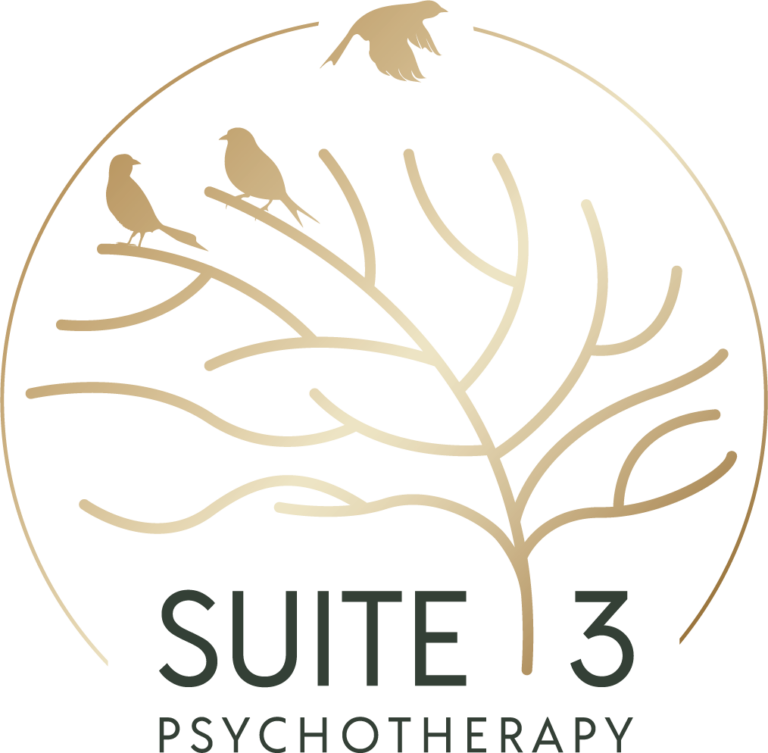Anxiety disorders are mental health conditions that are often brought on by stress. However, our practice recognizes that many other factors can contribute to an anxiety condition. The term ‘anxiety disorder’ encompasses a number of psychiatric disorders – all of which can cause mental trepidation, dissociative anxiety, and physical symptoms. Many people suffer from anxiety that is unrelated to any specific circumstance or object, but rather produces ongoing symptoms seemingly at random. Our practice specializes in anxiety disorders among other mental health conditions.
Did You Know:
That anxiety is the most common mental condition in America? According to the Anxiety and Depression Association of America, anxiety affects 18 percent of the adult population in the U.S. But of the 40 million adults over age 18 who are suffering from anxiety, only about 13 million are actively seeking treatment or being treated for the disorder. By failing to seek treatment, the other 27 million are gambling with their health and putting themselves at risk for developing depression.
Frequently Asked Questions:
Could I possibly need treatment for anxiety disorder?
You should seek services if you are experiencing symptoms of anxiety. These may include feelings of panic, trembling, heart palpitations, nausea, loss of appetite, feeling dizzy, or even a fear of dying. You may be diagnosed with an anxiety disorder, such as generalized anxiety disorder or panic disorder if you experience symptoms for a period of six months or more. Anxiety disorder should always be treated in order to avoid worsening of symptoms or related disorders, such as depression.
What should I expect from anxiety disorder treatment?
You and your therapist will work together to identify any triggers that may be causing your anxiety. This may include severe stress, a previous trauma, lifestyle habits or even underlying neurological conditions. Based on the cause of your anxiety, you begin a treatment planned designed to help manage your symptoms and improve your quality of life. Your treatment may include a combination of psychotherapy and medications, as well as cognitive behavioral therapy or deep brain stimulation.
Will I need to make any lifestyle changes to facilitate anxiety management?
If your anxiety is caused by a lifestyle habit, such as excessive alcohol consumption, you may be advised to stop or minimize your drinking habits. Your therapist may also recommend getting more exercise, reducing your stress, and avoiding certain foods and drinks, such as caffeinated beverages.







